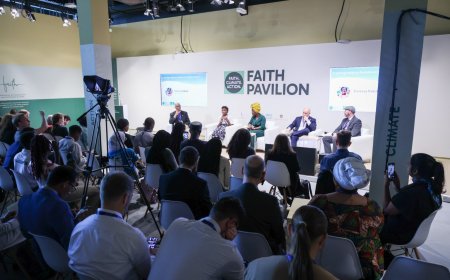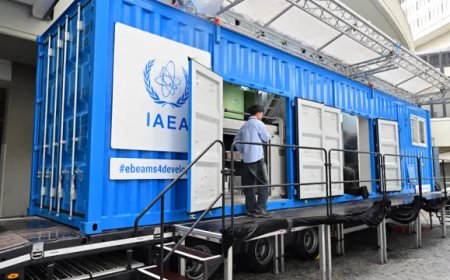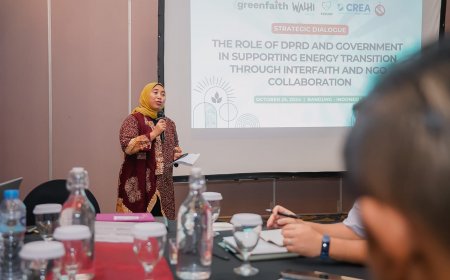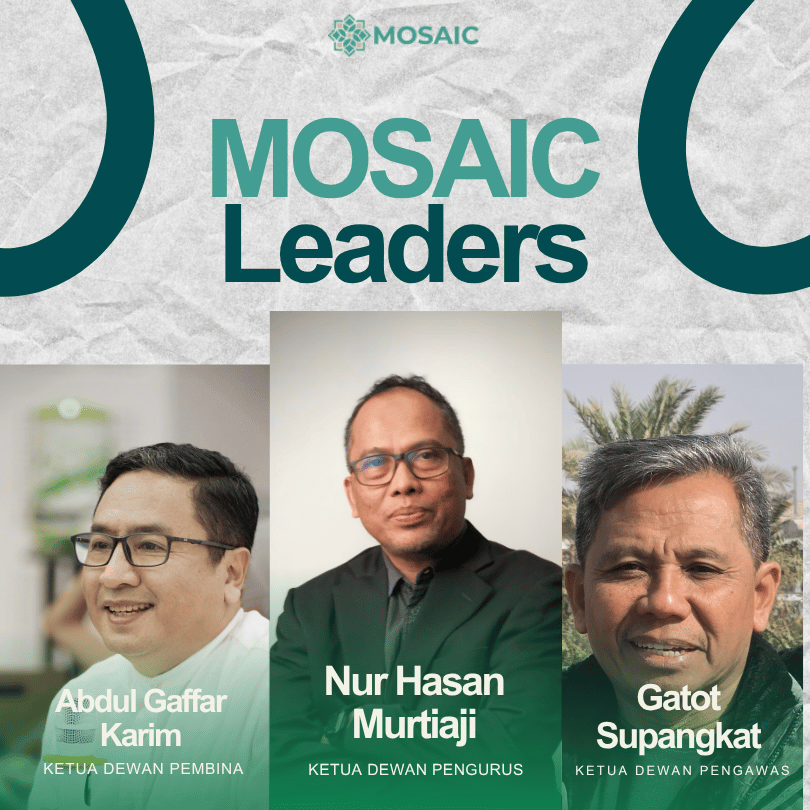Indonesia's ESG considered to integrate with local initiative
There needs to be government recognition of community-driven climate and social initiatives.
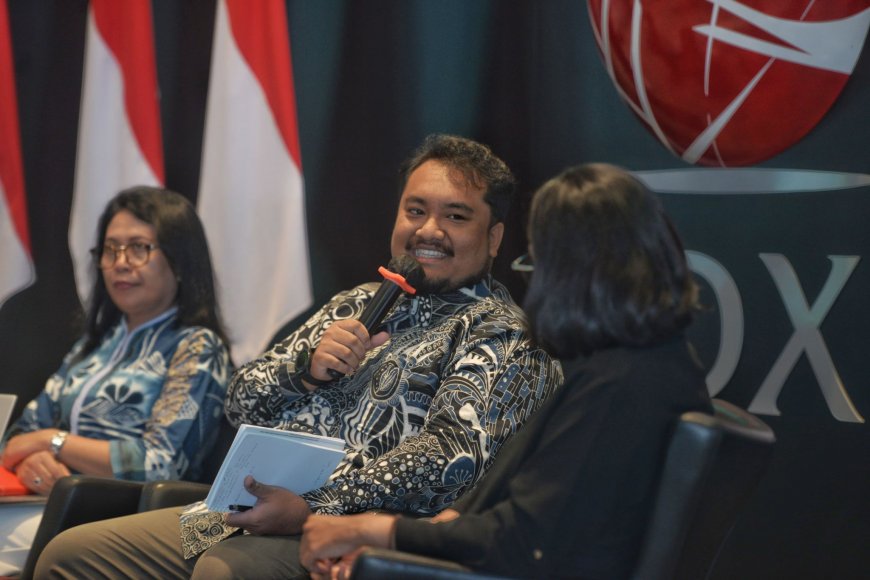
MOSAIC-INDONESIA, JAKARTA — Environment Social and Governance (ESG) values need to use a participatory approach involving local communities who have local wisdom and knowledge of their respective environments. The integration of Global ESG standards with local wisdom and knowledge makes ESG more Indonesian, said MOSAIC member Aldy Permana.
“The integration of global ESG standards from the framework side and the local wisdom and knowledge from the implementation side is what makes ESG more Indonesian,” Aldy said during the ESG Summit during the ESG Ala Indonesia talk show at the BEI Jakarta building on Thursday (12/6/2024).
Aldy said to all stakeholders, especially those from state institutions, "There is a need for government recognition of climate and social initiatives driven by society. " Aldy exemplifies, Purpose and MOSAIC are developing two pilot projects as a proof of concept that Islamic philanthropy can be used as an innovative climate finance model.
“Through Sedekah Energi, we raise funds for the solarization of mosques in Yogyakarta and Sembalun. Meanwhile, through the Forest Waqf, we raise funds for reforestation and forest conservation in Bogor,” Aldy said.
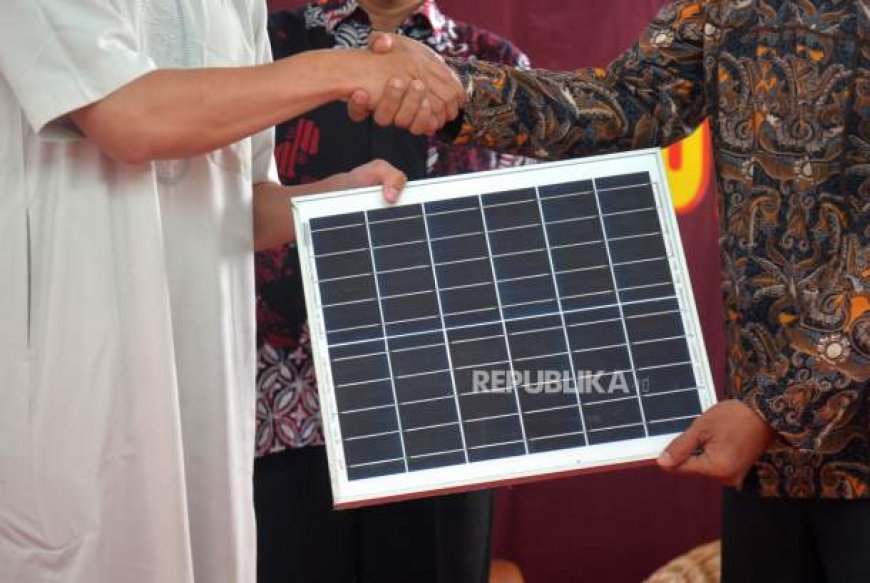
Sedekah Energi is a mosque solarization project with a participatory model. First, in collaboration with various partners such as Enter Nusantara, MLH Muhammadiyah, LPBI NU, MOSAIC created a campaign aimed at promoting alms as a crowdfunding method. In this regard, it also cooperates with religious leaders, especially young Muslim scholars who have followers on social media.
Secondly, after a certain amount of money was collected, solar panels were installed in the mosque with the active involvement of the community and the mosque administrator. In this case, the community builds its capacity through training to become a maintenance team or a solar panel technical team so that they can perform maintenance independently.
After installation, it will carry out periodic checks to ensure that the installed solar panels are still working properly. Meanwhile, Forest Waqf is an initiative launched by MOSAIC and Republika to prove that waqf, as one form of Islamic philanthropy, can be used for innovative and independent forest conservation financing. Later, the Forest Waqf can become a self-financing model for other social forestry.
He said, the Forest Waqf program has two phases. The first phase is the forest waqf campaign phase which includes: Campaign for waqf crowdfunding through money for forest waqf Implementation of research to understand the deficiencies and opportunities of the forest waqf partners.
The second one is the capacity-building, which includes the creation of training curricula based on the results of research that has been carried out previously. Implementation of training for the surrounding communities So that community initiatives, such as those carried out by MOSAIC, can also support the government's ambitions to achieve the country's commitment targets in climate solution. It's just that these community initiatives need to be supported by government policies and regulations.
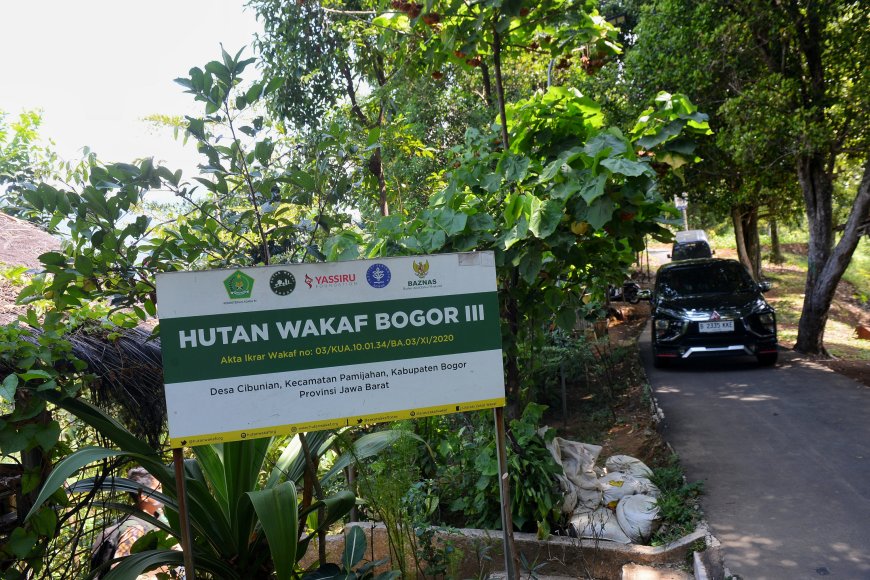
Initiatives like these need to be recognized and integrated into government impact assessments because people also want to support the government in achieving Indonesia's climate commitments. These small-scale projects, if improved and replicated, have the potential to be major contributors to social impact in Indonesia.
“Therefore, I recommend that governments and the private sector create a platform that allows for open discussion and communication between them and local communities, which will allow ESG in Indonesia to have a holistic approach,” Aldy said.
Secretary of the Directorate General of Pollution and Environmental Damage Control of the Ministry of Environment and Forestry Netty Widayati said she revealed that the presence of a company or business should go hand in hand with the social and environmental benefits displayed. Especially for the community that is around the company's location.“The application of ESG must make an ethical effort. Since the company's activities are close to the community, of course, it must be a good neighbor because the surrounding community is directly affected,” she said.
Furthermore, Netty said, the concept of ESG is actually relevant to the MoD's public disclosure program for environmental compliance (Proper). The Proper, which had begun in 1997, was the agency's observant study of the environment.
According to her explanation, the benefits of the implementation of the Proper program are diverse, both in terms of the environment, as well as its impact on the social and economy. It is noted that the Proper program has encouraged community empowerment with investments or revolving funds in 2023 amounting to IDR 1.56 trillion, with 5.9 million beneficiaries.
Based on data from the results of the company's performance rating assessment program in environmental management 2023, there was a decrease in greenhouse gas emissions by 299 million tons, water efficiency by 437 million cubic meters, energy efficiency by 554 million tons, and 3R non-B3 waste by 34 million tons. Also 3R B3 waste amounted to 55 million tons and reduced pollution load reached 6 million tons.
Along with that, Netty also revealed the potential of implementing environmentally-based business programs in the capital markets. She said that, the results of reports from the proper program on listed companies or issuers can be one of the benchmarks on the movement of stocks. She revealed that often companies that get a red report will experience a loss in their shares.
It shows that even in the stock market, investors are already oriented towards the concepts of ESG and sustainability. So Netty said, she is optimistic that the concept of ESG will be able to continue to develop, as the awareness and understanding of various parties, from business actors, governments, society, to investors, grows.

